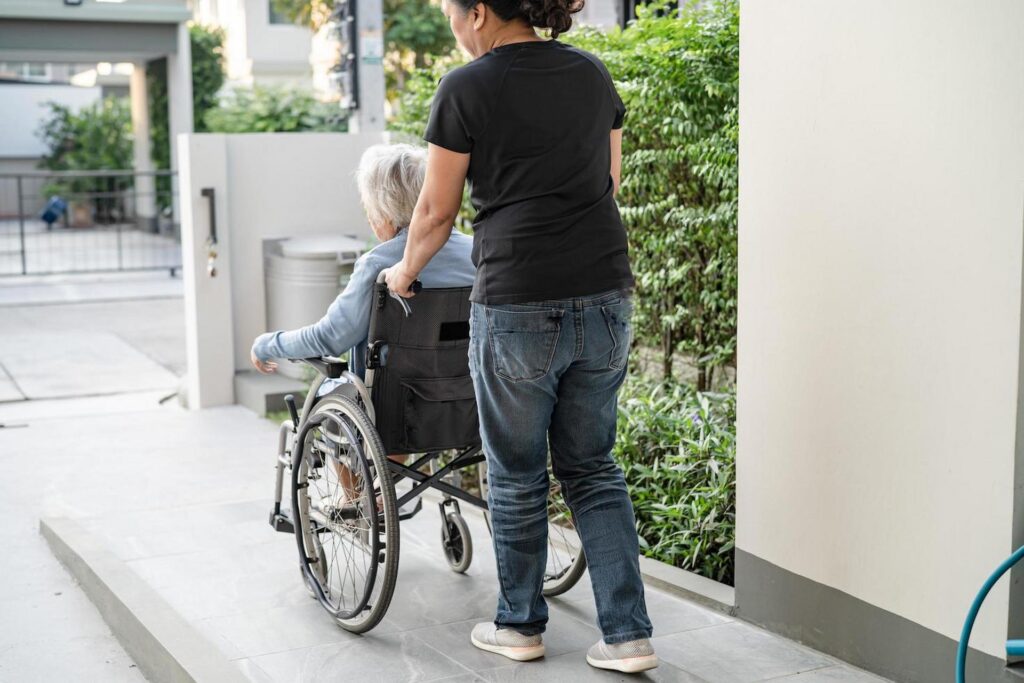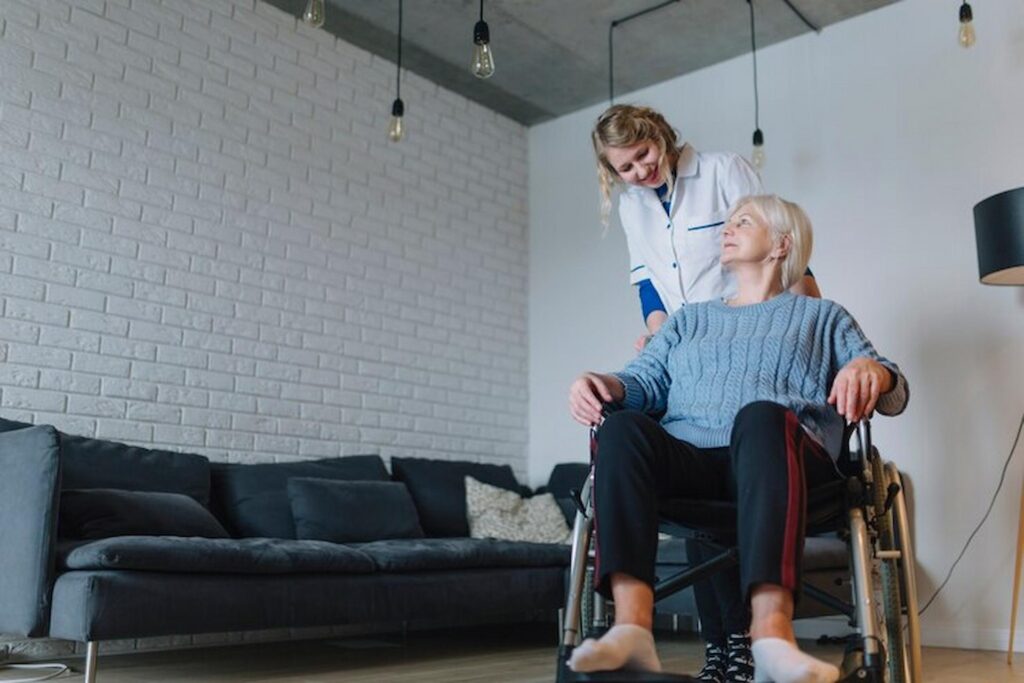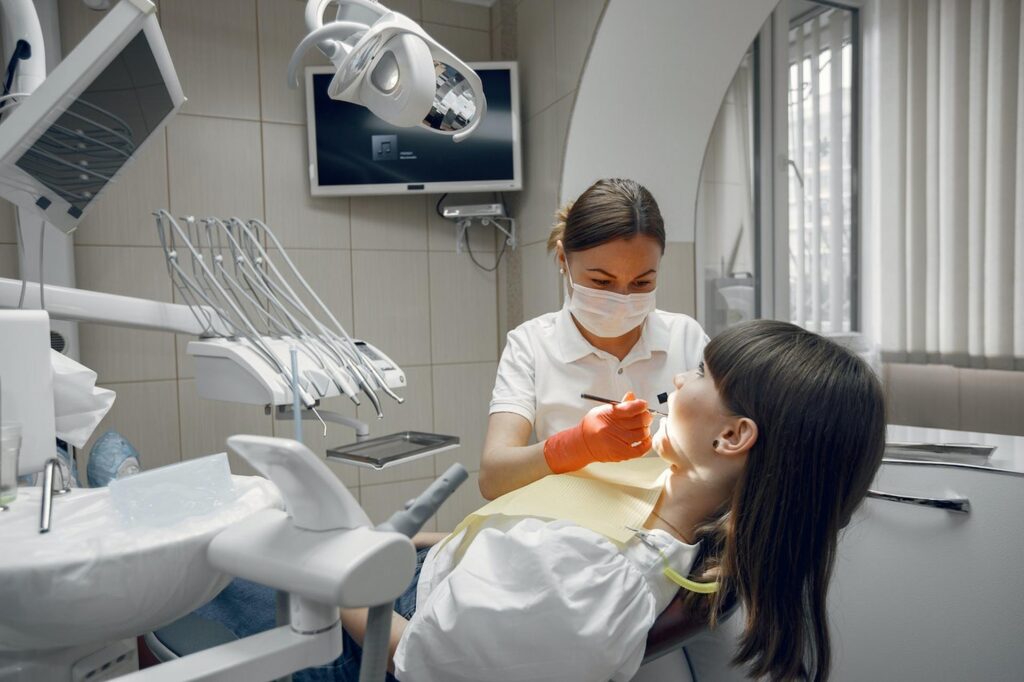When you hear the words “drug addiction”, what’s the first image that comes to mind? Maybe a dirty looking, homeless guy with a big beard and long hair. Or maybe a young man crashing his car against a lamp post from driving while high. Those are some of the stereotypes we see on the media every day. And while addicts can look like that, the truth is that there isn’t one image that can be associated with drug addiction, since it is a different process for everyone.
I was an addict for many years and most of the time I looked like a regular teenager. I went to school, did my chores at home, I was so good at hiding my addiction that for a long time no one suspected anything. But it got to a point where drugs became the most important thing in my life, and I could no longer hide it from my family and friends. Addiction is a disease, and it is something that can’t be cured with just willpower and a positive attitude. In fact, it is never cured completely. It can be treated, but it is something you have to live with for the rest of your life.
When I was in my 20’s I hit the lowest point in my life and decided I had to get treatment. So I did my research and checked into a rehab center. Even though it was difficult, it was the best decision I ever made. Fighting drug addiction is a process in which you learn a lot about yourself. I slowly figured out which parts of my life I needed to change and work on in order to get better. Today I want to share with you some of the things I learned during recovery. These 3 tips are what has helped me stay sober and healthy for the last 10 years.
Talk It Out
Whether it is with yourself, your therapist or a friend, talking about your feelings is the best way to start sorting them out with a clear state of mind. Keeping your emotions bottled up can lead to you returning to old habits to try and make them go away. I didn’t know it back then, but I developed anxiety and depression when I was a teenager. Instead of talking to my mom or asking a friend for help, I tried to numb my feelings with drugs and alcohol. Stress and anxiety were always my biggest triggers.
One of the things I learned during rehab is that I had to work out those feelings in order to avoid the temptation of using drugs again, given that stress is one of the main causes of relapse. A great way to do so is to put them into words. Therapy helps a lot and it’s something I strongly recommend. But you can also talk to a friend or a family member, or even writing it in a journal or talking to yourself (literally speaking to yourself while you’re driving or alone in your room) can help as well.
Connect With Others
Addiction has the power to wreck your relationships. It is a painful disease not only for the addict but for the people who are close to them as well. I completely isolated myself from everyone I knew. I stopped doing the things I used to enjoy, I stopped talking to the people I loved the most. But when I got to recovery I realized that I couldn’t do it on my own. I needed support from others, so it was time to start rebuilding the bridges I had burned.
The first step was writing letters to my family and closest friends, thanking them for being there for me and apologizing for when I hurt them. A simple call, a letter, even a text message can go a long way. It motivated them to get back in touch with me and give me a second chance.
Recovery is an amazing opportunity not only to rebuild relationships but also to develop new ones. Joining a support group was one of the things that helped me stay motivated throughout my recovery. There I met people who had gone through or were going through the same experience. Connecting to them and having a place to share my thoughts and feeling without being judged was an essential part of my recovery process.
Replace Bad Habits with Healthy Ones
I never realized how much time I spent being drunk and high until I removed alcohol and drugs from my life. I had this new-found free time and I didn’t know what to do with it. I realized that if I wasn’t careful, boredom could make fall back into old habits. So I started taking on new activities like yoga, playing basketball and cooking. These things helped make my recovery a little easier and a lot more fun. Before I knew it, I was feeling happy for the first time in decades. If I hadn’t replaced my old habits for new, healthy ones, I probably would have relapsed, and who knows where I’d be now.
These are some of the most valuable tips I learned during recovery. They are things you can implement little by little in your life and start noticing big changes sooner than you think. It’s not very often you see people getting second chances in life. I got it, and I’m glad I took advantage of it. I’ve been sober for almost ten years now, and while it has been hard, it has been the most rewarding process in my life.
Have you learned any other tips from recovery? If you’d like to share something, please leave a comment below!



